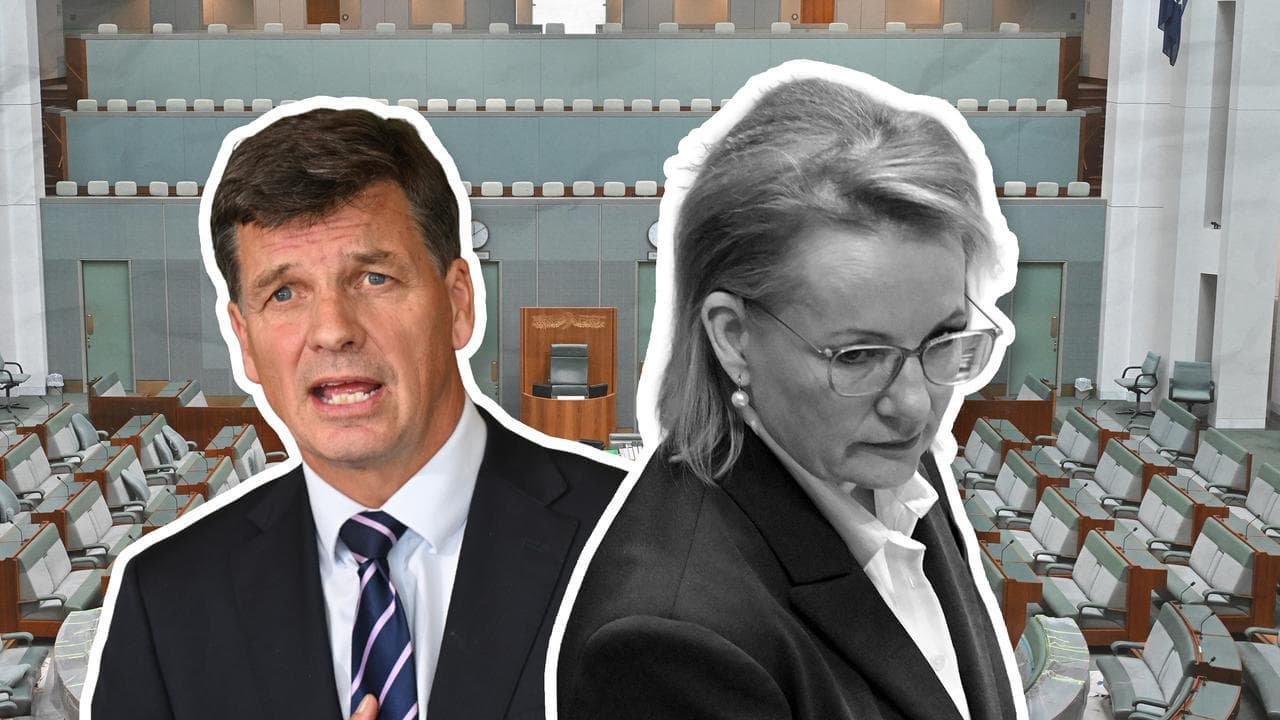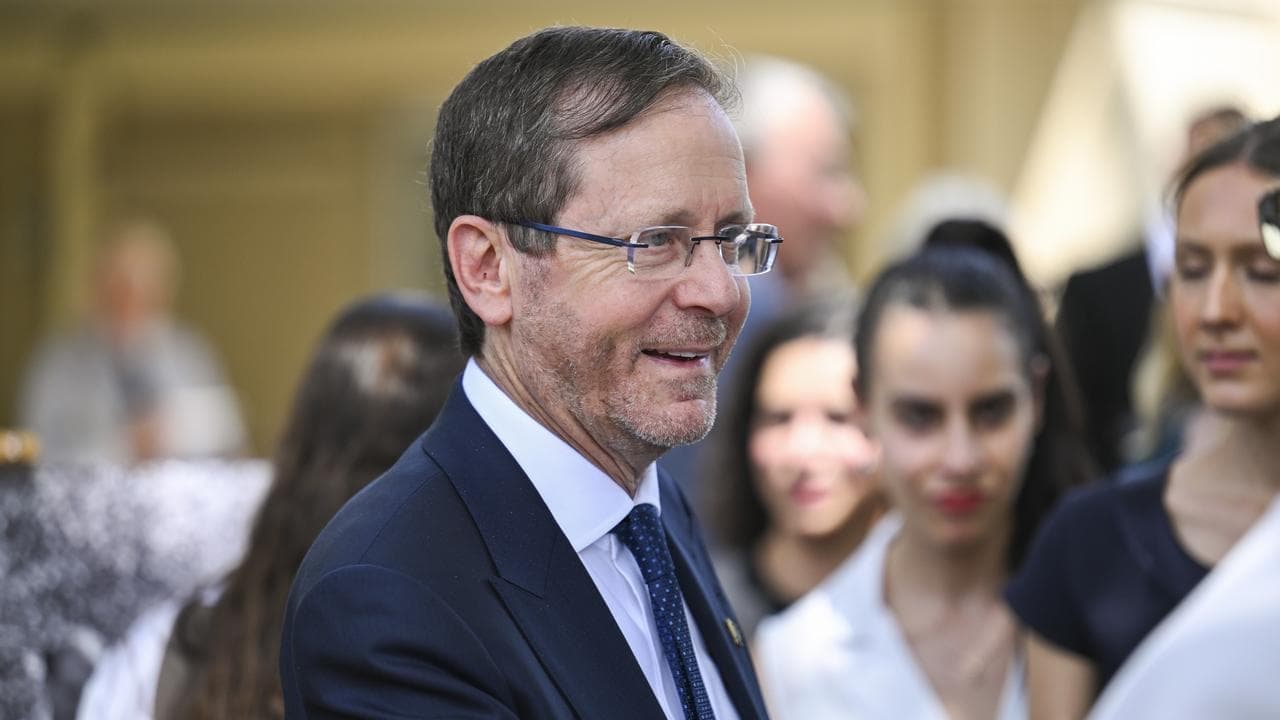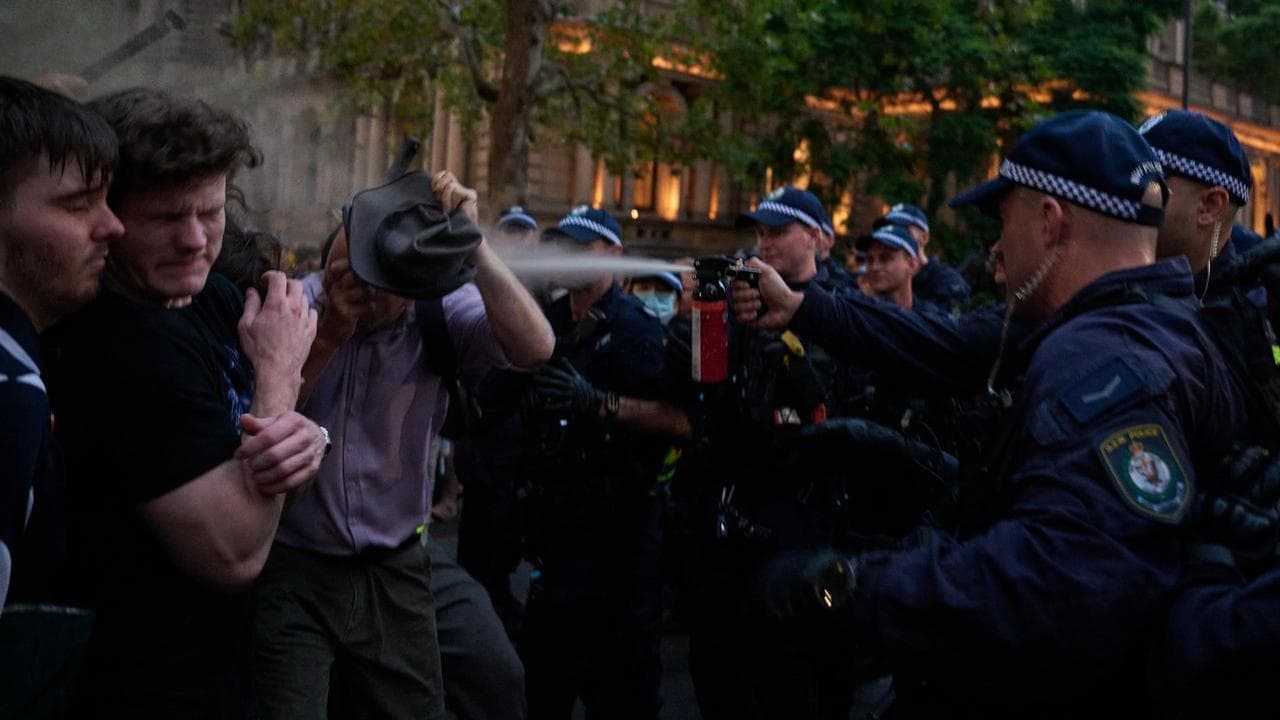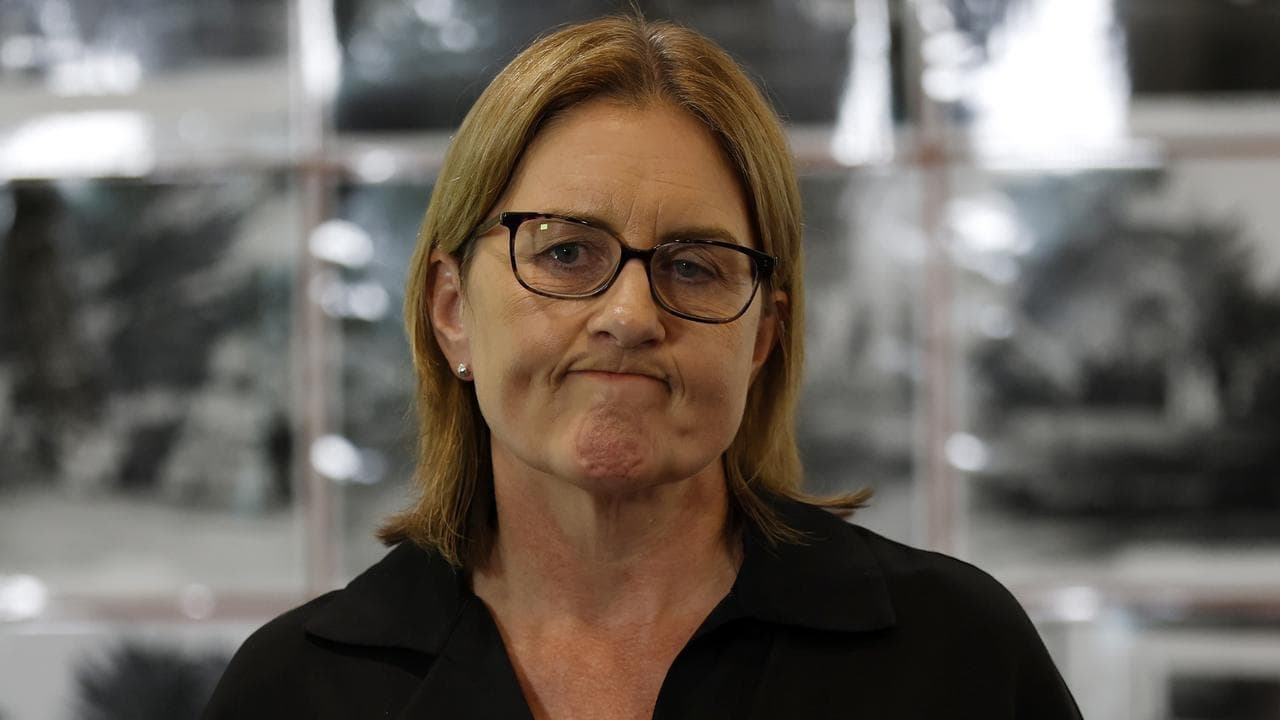WHAT WAS CLAIMED
Labor has handed control of Australia's health policy to the WHO by approving amendments to the IHR.
OUR VERDICT
Misleading. While the regulations are legally binding under international law, Australia retains full sovereignty over its health policies.
AAP FACTCHECK - The Albanese government has not handed over control of Australia's health policy, despite misleading claims by a former federal politician.
Ex-Queensland MP George Christensen said in a Facebook post that the World Health Organization (WHO) would control Australia's health policies as the government had approved amendments to the International Health Regulations (IHR).
Experts told AAP FactCheck this isn't accurate, explaining that while the IHR are legally binding under international law, they provide a framework with no enforcement powers or penalties, and the agreement specifically cites member states' "sovereign right" to implement their own health policies.
"AUSTRALIA SURRENDERS TO WHO THIS SATURDAY!" Mr Christensen posted on July 14, 2025.
"On 19 July, the Albanese Government will hand control of Australia's health policy to the World Health Organization—without a vote, without debate, and without your consent."
The image text reads "WHO CONTROL BEGINS OVER AUSTRALIA", with the post suggesting the global body will have control over lockdowns, vaccine mandates, travel restrictions and digital health IDs.
"Our sovereignty is not for sale," the caption concludes.

The IHR have been around since the 1960s and aim to provide an international legal framework that defines countries' rights and obligations in handling public health events and emergencies that have the potential to cross borders.
In particular, the regulations dictate rules around communication and notification requirements, capacity building and the response to public health emergencies.
Anthony Zwi, a global health and policy expert at the University of NSW, said the COVID-19 pandemic revealed a number of deficiencies in the regulations that the amendments seek to address.
These include a new definition of a pandemic emergency, designed to prompt more effective international collaboration; the creation of a new committee to ensure better cooperation and implementation of the IHR; and the creation of a mechanism that aims to better equip poorer countries in pandemic emergencies.
The amendments were agreed on by consensus at the WHO's annual meeting of members in June 2024.
States then had until July 19, 2025, to raise any objections (Australia raised none). The amendments will now come into effect from September 19, 2025.

Mr Christensen amended his post after being contacted by AAP FactCheck for evidence, telling his followers that while he stood by the claims, he wanted to circumvent fact-checkers.
In support of the claim Australia would hand over control, he said that under the regulations, once an emergency is declared, Canberra must follow WHO instructions "or formally explain why it will not follow them".
"The latter is unlikely to occur due to international and domestic pressure for going against the advice of the WHO," he said.
"Put simply, once the WHO declares an emergency, Australia is already treaty-bound to comply or justify non-compliance."
Experts told AAP FactCheck it is inaccurate to claim Australia has handed over control of health policy.
"The simple and straightforward answer to this is no," Professor Zwi said.
"Australia is a sovereign state and determines its own policies and strategies to address health problems and concerns, including communicable diseases and associated epidemics or pandemics."
University of Ottawa global health law expert Roojin Habibi, who was on the expert review committee to provide advice on the proposed amendments, said while the IHR are legally binding under international law, the wording of the regulations clearly sets out states' sovereignty.
Article 3(4) reads: "States have, in accordance with the Charter of the United Nations and the principles of international law, the sovereign right to legislate and to implement legislation in pursuance of their health policies. In doing so, they should uphold the purpose of these Regulations," (page six).

Jonathan Liberman, an expert in law and global health at the University of Melbourne, explained that the WHO Constitution is the source of the international law-making power for the IHR.
Article 21 of the constitution (p7) enables the creation of regulations, which are legally binding, he said.
"If you don't adhere to the IHR, you're not going to get taken to court. But that kind of misses the point. Countries agreed on this in order to prevent future health catastrophes. It's in their interests.
"It's countries saying, 'we'll do it and we want you to do it as well'."
Associate Professor Liberman, who is also a global health law advisor at the Burnet Institute, said it's inaccurate to portray the amendments as "globalist control", as suggested by Mr Christensen.
"When the IHR are called the WHO's IHR, some people think the institution has written them and issued them to countries to follow.
"But ... it's the countries that have decided to do this and negotiate and adopt them, and they can opt out if they want."
He also pointed to various stipulations within the IHR, such as the need to assess and notify about events that might constitute a public health emergency, as well as requirements for airports and ports.
"The sort of stuff we take for granted when we travel," he said.
"This is stuff you're supposed to do. You're legally required to do. Australia is already doing these things, as it should."

As well as specific requirements, the WHO's director-general can issue recommendations relating to health events and emergencies.
However, the IHR state these "standing" and "temporary recommendations" are "non-binding".
"It is non-binding advice," Assoc Prof Liberman said. "It could not be clearer than that."
Assistant Professor Habibi said the regulations are known for having "very few [methods] for 'enforcing' compliance" and the penalty of non-compliance is "mainly a world that is far less protected against the threat of future pandemics and public health emergencies".
Lawrence Gostin, a professor in global health law at Georgetown University who has also served on WHO's review committee for amendments, described the regulations as "technically binding" but with "no enforcement and no penalties".
Prof Zwi said penalties were reduced to the "naming and shaming" of signatories.
Rather than handing over our sovereignty, he said the federal government regards the amendments as necessary to improve pandemic control.
"Australia in the past has complained about countries that have not provided transparent and early information about, for example, the threat posed by COVID-19," Prof Zwi said.
"The IHR seek to encourage countries to do so at an early stage and to collaborate with others in the interest of promoting global public health."
The Australian government has confirmed it maintains sovereignty in a summary document referring to consultation over the amendments.
It states the regulations will not prevail over Australian law and "Australia will retain the right to make and implement public health decisions in the best interests of Australians" (p3).
A National Interest Analysis (NIA), prepared by the government, also concluded that the amendments do not "prevail over Australia's Constitution, domestic laws, or sovereign right to design and implement health response policies in our national and regional interest" (p3).

Prof Zwi said the government could decide to change Australian law to incorporate parts of the regulations, which would make these aspects binding under Australian legislation.
Australia's parliamentary Joint Standing Committee on Treaties is due to produce a report on the amendments, which may include recommendations for changes to Australian law.
As with any legislation, changes would need to be debated and voted on in parliament.
However, changes are not expected, with Assoc Prof Liberman pointing to the NIA report's conclusion that "no legislative amendments are required to implement the treaty amendments" (p14).
In his original post, Mr Christensen also claims the amendments remove human rights protections from the regulations, describing it as "the most shocking part".
Experts said this is false. When asked for evidence, Mr Christensen admitted he was mistaken and had been looking at an outdated draft of the amendments.
At an earlier stage of drafting the amendments, a suggestion had been made to alter a paragraph mentioning human rights to "add equity, inclusivity, coherence and solidarity as principles, either to replace the reference to dignity, human rights and fundamental freedoms, or as an additional paragraph" (p28).
However, the IHR review committee recommended the original text remain and the reference to human rights is in the final approved amendments (p6).
Assistant Professor Habibi told AAP FactCheck that human rights remained one of the "guiding principles" of the IHR.
AAP FactCheck is an accredited member of the International Fact-Checking Network. To keep up with our latest fact checks, follow us on Facebook, Instagram, Threads, X, BlueSky, TikTok and YouTube.












